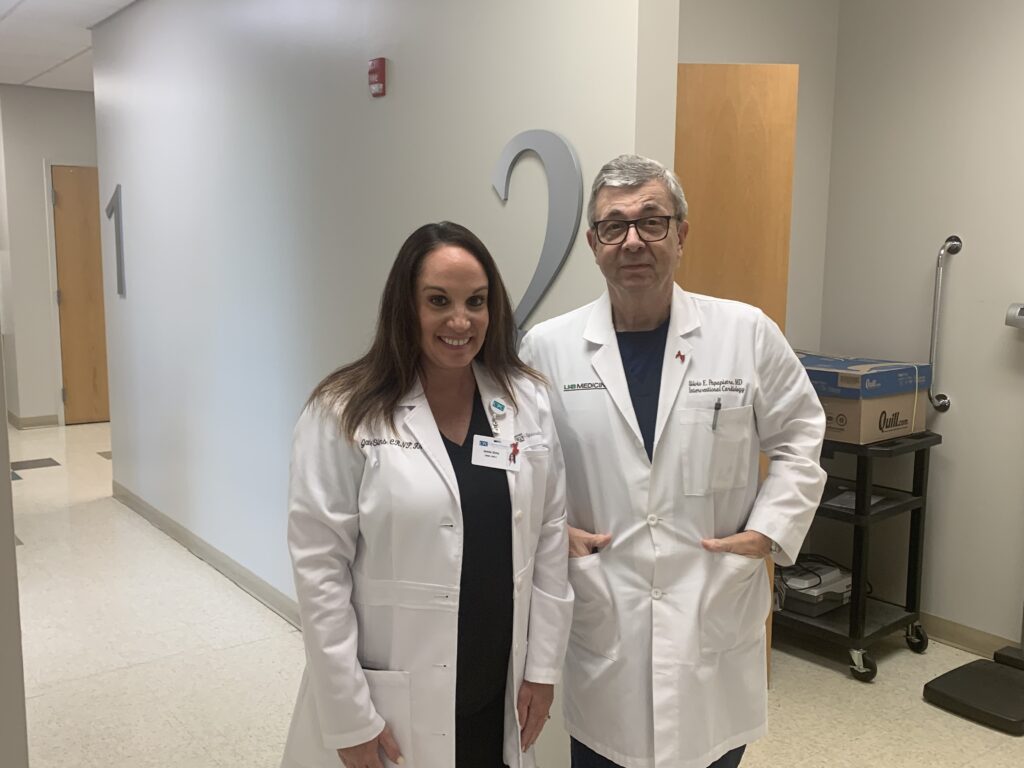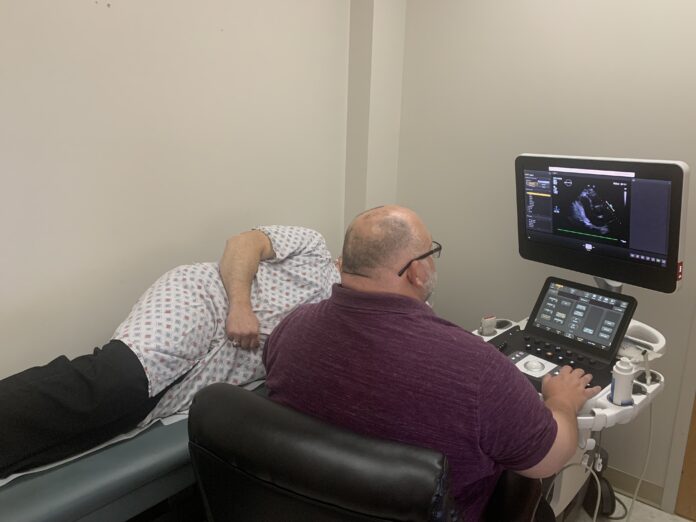Since the early part of 2020, Covid-19 has been a major element in our daily lives. It’s rare to speak to a neighbor, coworker, family member or church member that hasn’t lost someone to the Covid-19 virus. Altogether, the U.S. has had 80 million documented cases with over 984,000 deaths. In Cullman County, there have been over 364 deaths due to this horrible virus—that’s 364 family, friends and coworkers lost. Not only have the citizens of Cullman County dealt with the loss of these loved ones; we are all dealing with the effects of long-term covid symptoms.
Long-Covid or post-Covid symptoms are a broad array of new, returning or ongoing health problems people may experience after being infected by the Covid-19 virus, and which may last up to a year or more. The Center for Disease Control and Prevention estimates that up to 30 percent of patients might experience long Covid even if they never exhibited symptoms when originally diagnosed with Covid-19. Some of the most concerning post-Covid issues are ones that relate to the heart. Pulmonary embolisms, heart failure and myocarditis are all serious conditions that require special attention from a cardiologist. A pulmonary embolism is a potentially life-threatening blood clot, typically originating in a patient’s leg or pelvis, which travels through the heart and enters the lungs causing extreme shortness of breath. Myocarditis is an inflammation of the heart muscle (myocardium) that weakens and reduces the heart’s ability to pump blood throughout the body. This inflammation causes rapid or irregular heart rhythms, fatigue, shortness of breath, chest pain, joint pain and lower-extremity swelling.
One of the best ways to determine the existence of heart-related issues is by having an echocardiogram. An echocardiogram is an ultrasound of the heart that looks at the size of the heart chambers and heart valves and allows measurement of the heart’s ejection fraction (the percentage of blood leaving your heart each time it contracts). If the chambers of the heart are enlarged, it could be an indication of heart failure. An ejection fraction lower than 35% (55% -65% is normal) typically confirms the reason a patient is experiencing symptoms like fatigue, shortness of breath, chest pain, joint pain, swelling in the legs or feet and a fast or irregular heartbeat.
To better serve the cardiac needs of the community, especially post-Covid 19, CPC Multi-Specialty Group has added cardiology services along with the only accredited echocardiography lab in Cullman to our practice. Led by Dr. Silvio Papapietro, a well-known board-certified cardiologist, Jamie Sims, CRNP and Josh Warren, a sonographer with over 20 years of experience; CPC Multi-Specialty Group is proud to provide these much-needed services. Dr. Papapietro recommends that anyone with myocarditis symptoms have an echocardiogram to detect myocarditis early. With an early diagnosis, treatment may be as simple as prescribing steroids. Unfortunately, if myocarditis is severe, the only treatment available is a heart transplant. If you have been experiencing any symptoms like mentioned above, please contact our office at 256-736-2273 to learn more about our cardiology services and our new echocardiogram equipment with the latest 3D capabilities.





















